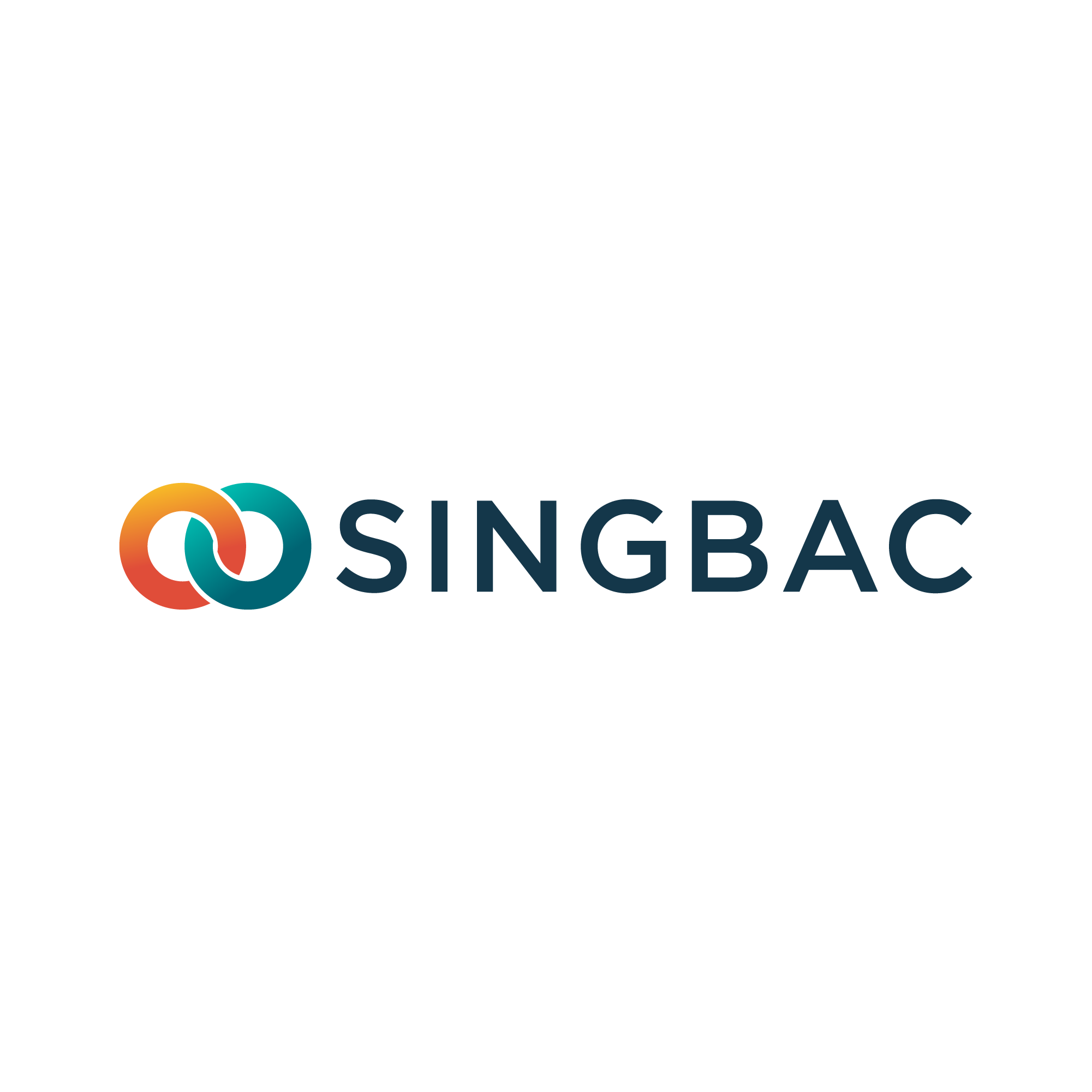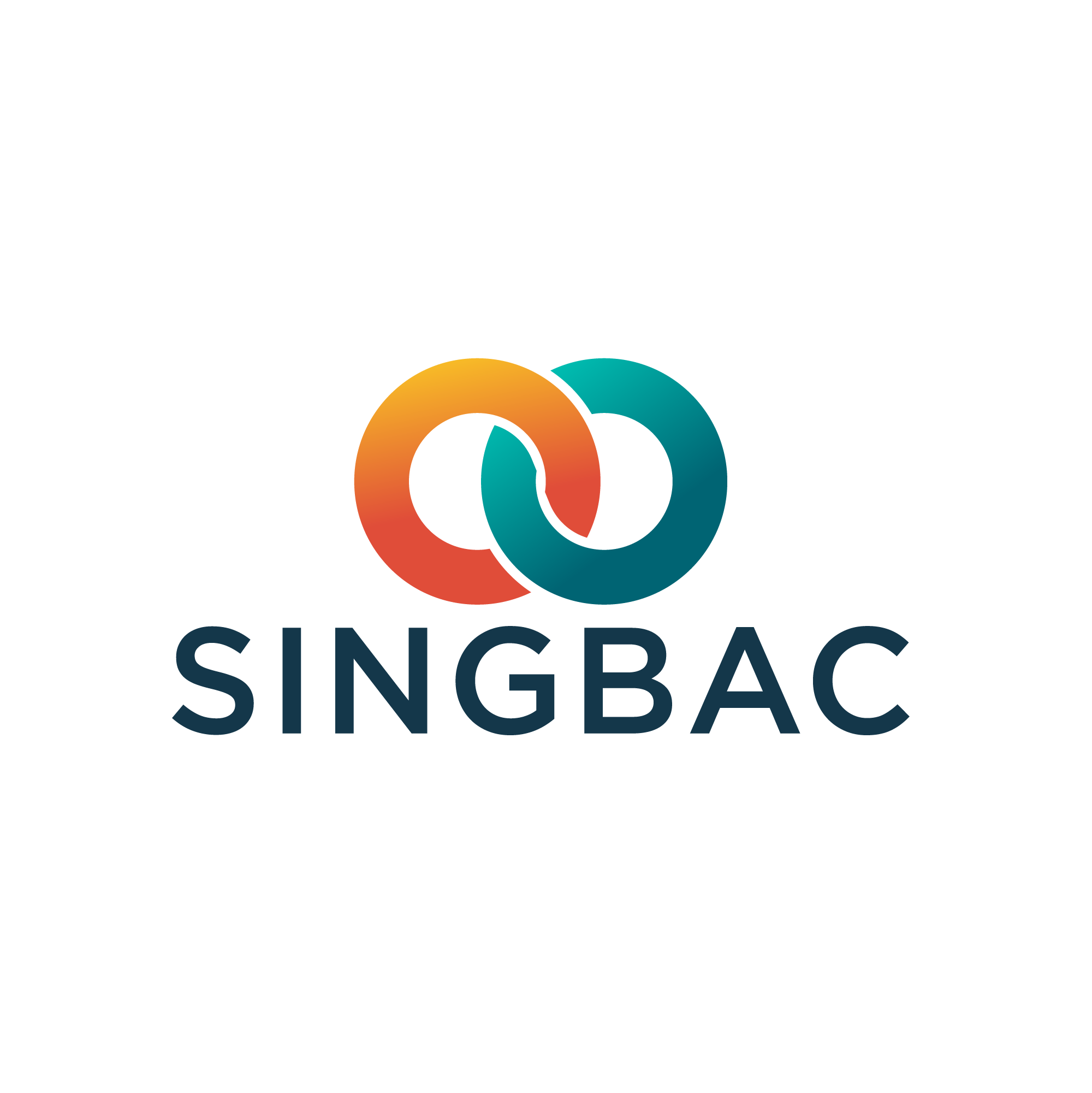Non-profit organizations planning to establish formal operations in Singapore should consider the Company Limited by Guarantee (CLG) structure as their preferred incorporation option.
Let’s walk through the essential steps and requirements for incorporating a CLG, from understanding the basic structure to meeting ongoing compliance obligations.
What Is a Company Limited by Guarantee?
A Company Limited by Guarantee operates as a corporate entity without share capital or shareholders.
Since CLGs are registered with the Accounting and Corporate Regulatory Authority (ACRA) and governed by the Companies Act, this structure is typically established by non-profit organizations requiring corporate status.
Under this framework, members act as guarantors who commit to contribute a nominal amount starting from just S$1 if the company faces liquidation. This arrangement ensures limited liability protection while creating a separate legal entity that can own assets, enter contracts, and pursue its objectives independently.
Upon incorporation, your CLG becomes a distinct legal person capable of conducting business, employing staff, and operating bank accounts in its own name.
Why Choose a CLG for Your Non-Profit?
CLGs provide several advantages for organizations focused on charitable, educational, or community purposes.
Asset protection ranks among the primary benefits, limiting your personal liability to your guarantee commitment while safeguarding other assets from company obligations.
Regulatory credibility follows incorporation, as your CLG gains legitimacy when dealing with government agencies, financial institutions, and potential partners. This formal structure demonstrates commitment to proper governance and transparency.
Tax benefits become available for registered charities operating as CLGs, including exemptions on income and property taxes when you meet Commissioner of Charities requirements. These savings can significantly reduce operational costs and increase funds available for your mission.
Key Characteristics of a Company Limited by Guarantee
CLGs operate under several defining features that distinguish them from commercial entities.
Members cannot receive profit distributions, ensuring all surplus funds support your stated objectives. This restriction reinforces the non-profit nature and maintains eligibility for charitable status.
Membership structure replaces shareholding, with guarantors participating in governance through voting rights and meeting attendance. You retain flexibility in determining membership criteria and voting procedures through your governing documents.
Corporate governance requirements apply similarly to other companies, including director obligations, annual reporting, and compliance with Singapore’s Companies Act. However, certain provisions specifically address non-profit operations and member protection.
How Does CLG Differ from Companies Limited by Share?
The key difference lies in how these companies raise funds and handle profits.
Companies limited by shares sell shares to investors who expect financial returns through dividends or share price increases.
CLGs take a different approach entirely. Without share capital, CLG members’ liability is limited only to the amount they agree to contribute if the company winds up, an amount specified in the company constitution.
More importantly, CLGs cannot distribute any profits to members, ensuring all surplus funds remain within the organization to support its non-profit mission.
Liability arrangements also differ significantly. Shareholders in companies limited by shares face potential losses up to their unpaid share value, while CLG members limit exposure to their guarantee amount regardless of company debts.
How to Incorporate a Company Limited by Guarantee in Singapore?
To set up your CLG, choose a public company name and reserve it with ACRA, ensuring it’s unique and meets regulatory standards. The fee to reserve your name is S$15 and typically takes up to 14 days for approval under certain conditions.
Once the name is reserved and approved, the registration process can be allowed.
Procedure, Documents and Fees
Register your CLG with ACRA by submitting the required documents and paying the registration fee of S$300. You can manage this process through ACRA’s BizFile+ platform or engage corporate service providers who can streamline incorporation and provide additional support services.
This application requires the company constitution that includes:
- Your company name
- The guarantee amount each member commits to pay during winding up
- Organization’s objectives
The entire process usually takes about 15mins but can extend to 2 months if additional review is required.
Regulatory Compliance Requirements for CLG
Once incorporated, your CLG must meet ongoing compliance requirements to maintain good standing with ACRA.
Annual Filing Requirements
Submit annual returns and audited financial statements to ACRA within prescribed deadlines. Appoint a qualified auditor within three months of incorporation unless your CLG qualifies for audit exemption based on revenue size.
Business Licenses
Depending on your activities, you may need specific business licenses at the time of registration. Apply for these licenses through the GoBusiness website to ensure compliance from day one.
Charity Registration
If seeking tax-exempt status, register with the Commissioner of Charities. This involves additional reporting requirements but provides access to significant tax benefits for qualifying organizations.
Record Keeping
Maintain accurate statutory registers and conduct annual general meetings as required by law. Keep proper documentation of all decisions and member communications.
Articles of Association and Governing Instruments
Your Articles of Association function as the primary governing document, establishing rules for member admission, voting procedures, director powers, and meeting protocols.
Draft these provisions carefully to reflect your operational needs while meeting legal requirements.Include specific clauses addressing guarantee amounts, membership termination procedures, and decision-making thresholds.
Consider future scenarios such as membership disputes, director succession, and potential amendments to avoid governance complications.
Additional governing instruments may include membership agreements, codes of conduct, and operational policies that complement your Articles of Association. Ensure consistency across all documents to prevent conflicts and confusion.
Dissolution and Asset Distribution
CLGs can be dissolved through two primary methods: winding up or striking off from ACRA’s register.
Winding Up
This occurs when your CLG cannot meet its financial obligations or members decide to close the organization. The process can be voluntary (initiated by members) or involuntary (court-ordered).
During winding up, company assets are sold and proceeds distributed to creditors according to legal priorities.
Striking Off
Directors can apply to ACRA to remove the company name from the official register when business operations have ceased or after completing the winding up process. This method suits CLGs that have fulfilled their purpose or are no longer active.
Asset Distribution
For CLGs with charitable status, any remaining assets after settling debts typically cannot be distributed to members. Instead, these assets must be transferred to other organizations with similar charitable purposes, as specified in your governing documents.
Also Read: Striking Off a Company in Singapore
Conclusion
Establishing a Company Limited by Guarantee in Singapore provides non-profit organizations with a robust framework for pursuing charitable, educational, or community objectives while maintaining proper governance and member protection.
Success depends on careful preparation of constitutional documents, understanding ongoing compliance obligations, and maintaining accurate records throughout your operation.
Consider engaging experienced corporate service providers who can guide you through incorporation and ongoing administration while ensuring compliance with Singapore’s regulatory environment.
Frequently Asked Questions
- What is a Company Limited by Guarantee?
A Company Limited by Guarantee (CLG) is a corporate structure intended for non-profit organizations, providing limited liability to its members who serve as guarantors rather than shareholders.
This structure is ideal for entities focused on community or charitable purposes. Members guarantee a nominal amount (starting from S$1) that they would contribute only if the company winds up, creating a separate legal entity that can own assets, enter contracts, and operate independently.
- How does a CLG differ from a Company Limited by Shares?
The key difference lies in funding and profit distribution. Companies limited by shares sell shares to investors who expect financial returns through dividends.
CLGs operate without share capital, and members’ liability is limited to their guarantee amount specified in the company constitution. Most importantly, CLGs cannot distribute profits to members – all surplus funds must support the organization’s non-profit mission.
- What documents are required and what are the fees for incorporation?
You need to submit your company constitution through ACRA’s BizFile+ platform, including your company name, guarantee amounts, and organizational objectives.
You’ll also need director consent forms, registered office confirmation, and company secretary appointment details. The incorporation fee is S$300, plus S$15 for name reservation.
- Do I need special licenses for my CLG?
Depending on your activities, you may need specific business licenses at the time of registration. Apply for these through the GoBusiness website.
If you plan to operate as a charity with tax-exempt status, you’ll also need to register with the Commissioner of Charities, which involves additional compliance requirements but provides significant tax benefits.
- What are the ongoing compliance requirements?
Your CLG must file annual returns and financial statements with ACRA, conduct annual general meetings, and maintain statutory registers. You’ll need to appoint an auditor within three months of incorporation unless exempted.
If registered as a charity, additional reporting to the Commissioner of Charities is required. Proper record-keeping and timely filings are essential to maintain good standing.



